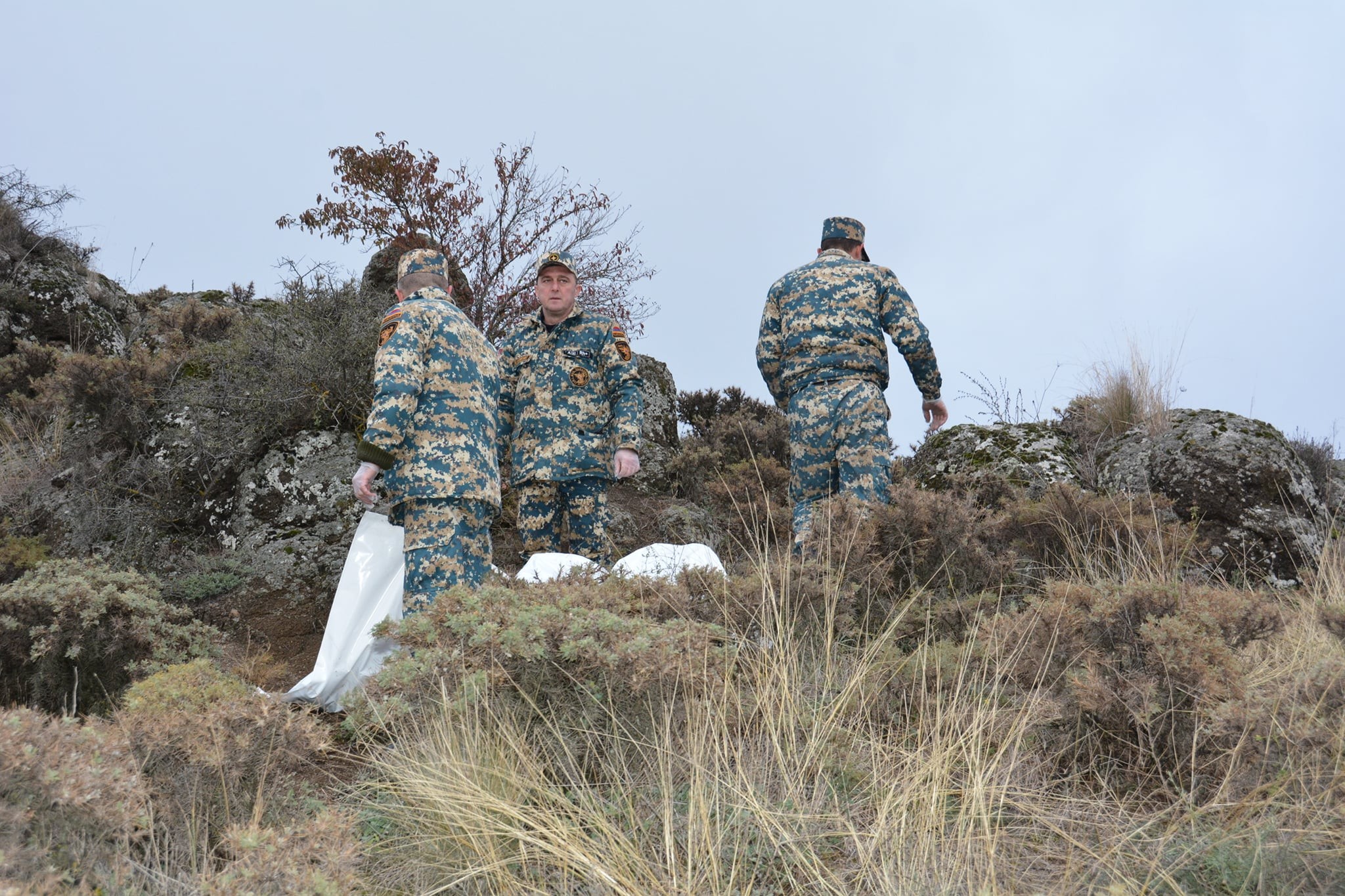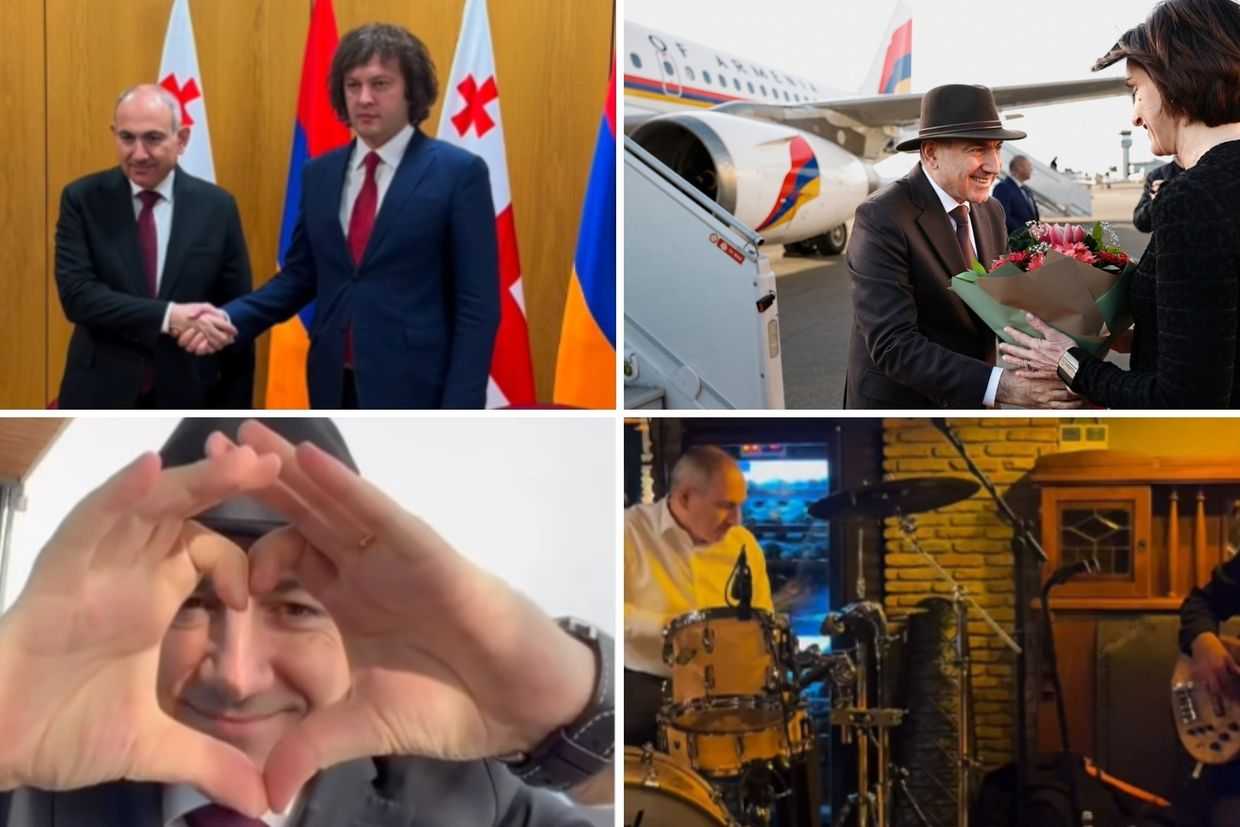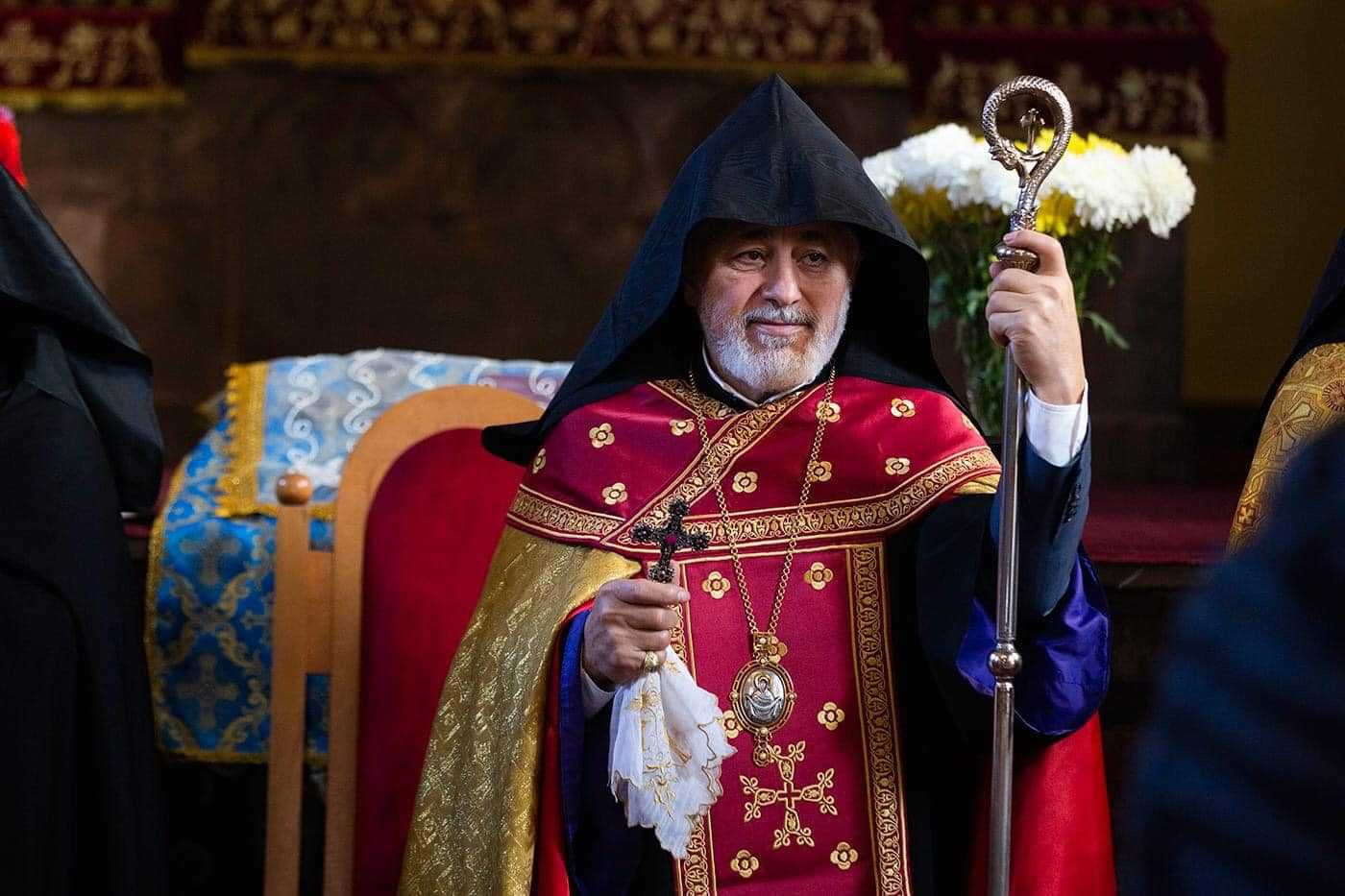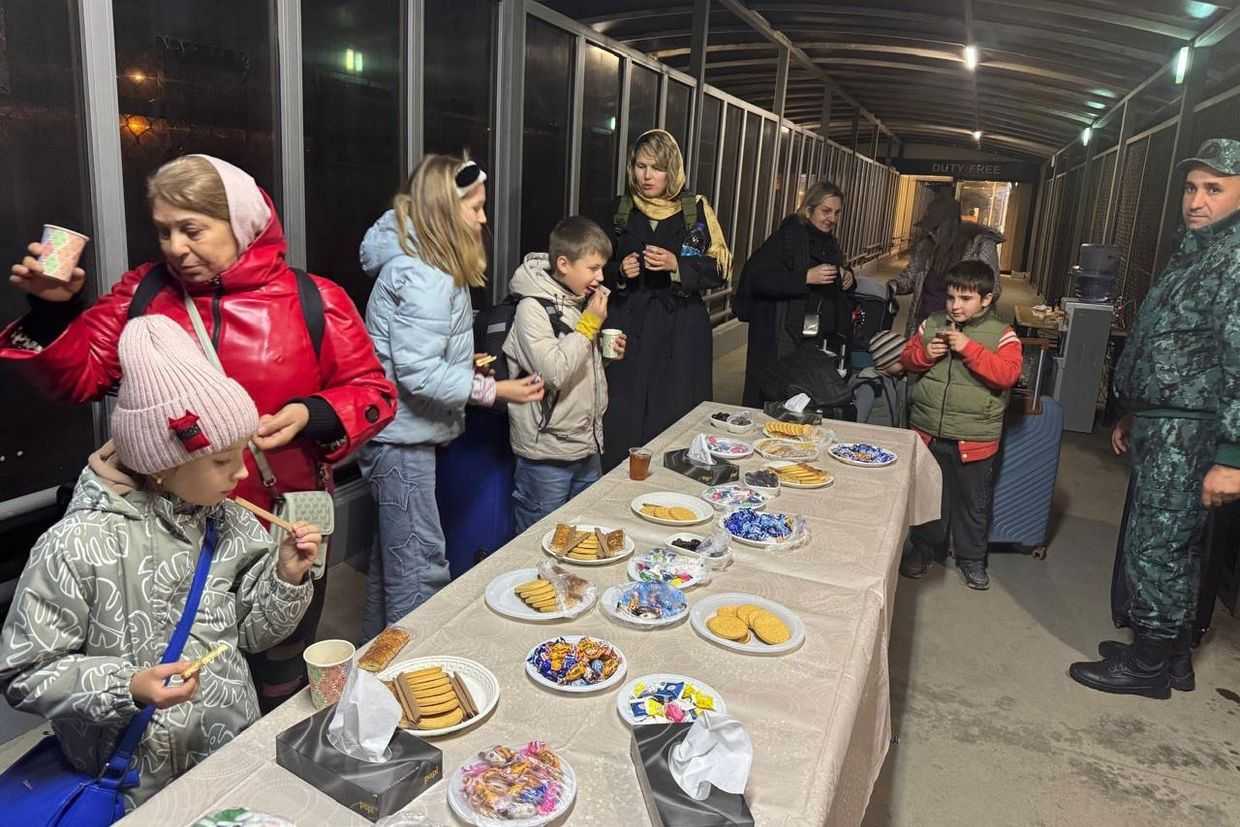
Almost a month after the ceasefire, there is still no complete information about the number of Armenian soldiers killed, missing, and being held captive. So far, Armenia has published the names of 1,779 killed soldiers.
On 9 December, the Ministry of Defence stated that since the hostilities ended on 9 November, the bodies of around 770 servicemen had been recovered. The process is being implemented jointly by the Armenian, Azerbaijani, and Russian sides and is supported by the International Committee of the Red Cross.
Alina Nikoghosyan, a spokesperson for the Ministry of Health of Armenia told OC Media that 2,975 bodies had undergone forensic examination so far. Some of the corpses can only be identified by DNA testing.
‘Since the beginning of the war, a total of 1,787 DNA samples have been taken from relatives and 951 samples from the bodies to organise the process of identification’, Nikoghosyan said.
She said that as of 10 December, 297 bodies had been identified as a result of forensic genetic research. ‘The research and identification processes are ongoing’.
No complete information about POWs and missing soldiers
To date, Azerbaijan has returned five captive civilians through the Russian peacekeeping mission. Two of them were returned to Armenia on 4 December at the request of the Russian side. On 9 December, three civilians were returned to Armenia due to their critical health conditions. Human Rights Defender of Nagorno Karabakh, Artak Beglaryan reported that along with three civilians, the body of another captive who died in Azerbaijan was handed to Armenia.
Earlier, Beglaryan reported that they had information that around 60 prisoners of war and 40 missing civilians were being held by Azerbaijan.
President of Nagorno Karabakh Arayik Harutyunyan stated that Azerbaijan had confirmed the names of fewer detainees than their ‘indisputable evidence shows’. Lawyer Siranush Sahakyan said a deadline set by the European Court of Human Rights to provide a complete list of the captives was 11 December.
Both sides have supported the ‘all for all’ idea of a prisoner exchange. According to Prime Minister Nikol Pashinyan, this idea also applies to those detained before the war broke out on 27 September.
The Armenian Investigative Committee has stated that the two Syrian mercenaries held by Armenia would not be included in this, stating that they were not prisoners of war.
After the war, a number of videos showing Armenian captives being mistreated emerged on social media. The government of Azerbaijan has promised to bring to justice all perpetrators of such illegal acts’. However, they claimed that ‘most of the videos about insulting actions against the corpses of Armenian servicemen are fake’.
American right group Human Rights Watch has issued a report stating that ‘Azerbaijani forces have inhumanely treated numerous ethnic Armenian military troops captured in the conflict over Nagorno-Karabakh’.
Payouts for the families of killed and wounded soldiers
The Insurance Foundation for Servicemen of Armenia provides compensation for families of deceased, missing, and disabled military servicemen.
During the war, the foundation established new payouts ranging from $120,000 to nearly $170,000 for each family of a killed or missing soldiers or those with severe disabilities. Compensation of between $60,000 to $110,000 will be given to soldiers with less severe disabilities. The difference is based on the military rank of the servicemen․
Families will receive $20,000 of this as a lump sum payment with the rest coming in installments over the next 20 years.
On 10 December, the government also approved social assistance for families of missing soldiers until their status is clarified. They will receive ֏300,000 ($625) per month for no more than six months.
Earlier, the government also approved a compensation package for the families of civilian victims of the war, with each receiving ֏5 million ($10,000). The government will also pay seriously wounded and disabled individuals between ֏1 million ($1,900) and ֏3 million ($5,800) in compensation. Armenia will also compensate for damage to civilian houses.
For ease of reading, we choose not to use qualifiers such as ‘de facto’, ‘unrecognised’, or ‘partially recognised’ when discussing institutions or political positions within Abkhazia, Nagorno-Karabakh, and South Ossetia. This does not imply a position on their status.








